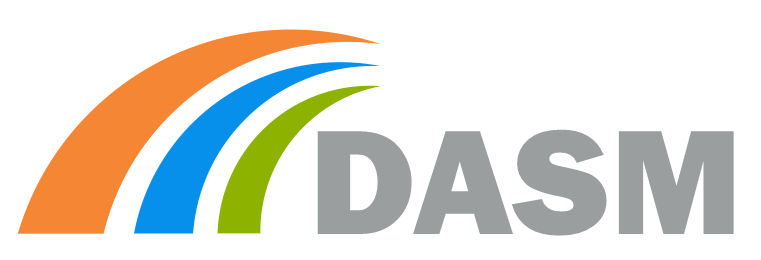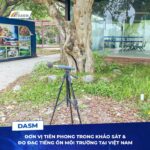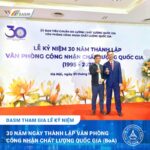Introduction
Methods of measurement of airborne sound insulation of building elements and in buildings have been standardized e.g. in ISO 10140-2 and ISO 16283-1. The purpose of this document is to standardize a method whereby the frequency-dependent values of airborne sound insulation can be converted into a single number characterizing the acoustical performance.
References to standards which provide data for single-number evaluation are meant to be examples and therefore are not complete.
1. Scope
This document
a) defines single-number quantities for airborne sound insulation in buildings and of building elements such as walls, floors, doors, and windows,
b) takes into consideration the different sound level spectra of various noise sources such as noise sources inside a building and traffic outside a building, and
c) gives rules for determining these quantities from the results of measurements carried out in one-third-octave or octave bands for example in accordance with ISO 10140-2 and ISO 16283-1.
The single-number quantities in accordance with this document are intended for rating airborne sound insulation and for simplifying the formulation of acoustical requirements in building codes. An additional single-number evaluation in steps of 0,1 dB is indicated for the expression of uncertainty (except for spectrum adaptation terms). The required numerical values of the single-number quantities are specified according to varying needs. The single-number quantities are based on results of measurements in one-third-octave bands or octave bands.
For laboratory measurements made in accordance with ISO 10140-2, single-number quantities are calculated using one-third-octave bands only.
The rating of results of measurements carried out over an enlarged frequency range is dealt with in Annex B.
2. Normative references
The following documents are referred to in the text in such a way that some or all of their content constitutes requirements of this document. For dated references, only the edition cited applies.
or undated references, the latest edition of the referenced document (including any amendments) applies.
ISO 10140-1:2016, Acoustics — Laboratory measurement of sound insulation of building elements — Part 1: Application rules for specific products
ISO 10140-2:2010, Acoustics — Laboratory measurement of sound insulation of building elements — Part 2: Measurement of airborne sound insulation
ISO 10140-5:2010, Acoustics — Laboratory measurement of sound insulation of building elements — Part 5: Requirements for test facilities and equipment
ISO 10848-2:2017, Acoustics — Laboratory and field measurement of flanking transmission for airborne, impact and building service equipment sound between adjoining rooms — Part 2: Application to Type B elements when the junction has a small influence
ISO 15186-1:2000, Acoustics — Measurement of sound insulation in buildings and of building elements using sound intensity — Part 1: Laboratory measurements
ISO 16283-1:2014, Acoustics — Field measurement of sound insulation in buildings and of building elements — Part 1: Airborne sound insulation
ISO 16283-1:2014/Amd 1:2017, Acoustics — Field measurement of sound insulation in buildings and of building elements — Part 1: Airborne sound insulation — Amendment 1
ISO 16283-3:2016, Acoustics — Field measurement of sound insulation in buildings and of building elements — Part 3: Façade sound insulation









